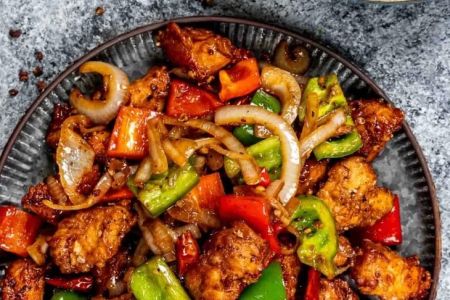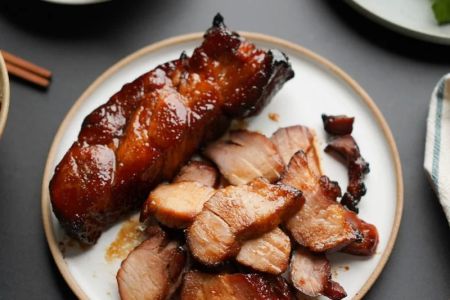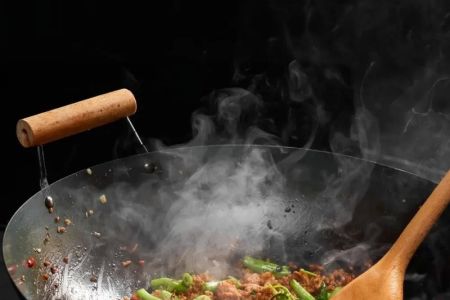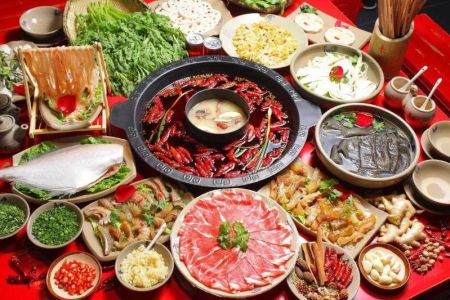How to Say Thank You for the Food in Chinese
- Understanding the Phrase
- Common Expressions to Show Gratitude
- Chinese Food Etiquette and Culture
- Practical Examples and Real-life Stories
- Conclusion and How to Deepen Your Chinese Knowledge
Understanding the Phrase
In many cultures around the world, expressing gratitude after a meal is a common courtesy. In China, there are specific ways to say "thank you for the food," which are rooted in both the language and cultural practices. The most common phrase is "xiè xiè," which simply means "thank you." However, there are more specific expressions you can use depending on the context and the formality of the situation.
Common Expressions to Show Gratitude
When you're dining with friends, family, or at a restaurant in China, it's polite to say "thank you" for the food, but there are a few variations you can use to sound more natural or formal:
- 谢谢 (Xièxiè) – The most general way to say "thank you." This works in almost any situation.
- 谢谢款待 (Xièxiè kuǎndài) – This means "thank you for the hospitality" and is more formal, often used after a hosted meal.
- 我吃得很饱,谢谢!(Wǒ chī dé hěn bǎo, xièxiè!) – This literally means "I'm full, thank you!" and is used after you've finished eating and want to express your satisfaction with the meal.
Using the right phrase not only shows gratitude but also your respect for Chinese food culture.
Chinese Food Etiquette and Culture
When it comes to dining in China, the act of saying "thank you for the food" goes beyond words. It is deeply tied to the cultural importance of respect and appreciation for the host and the food itself. Here are a few tips on Chinese food etiquette:
- In formal settings, always wait for the host to begin the meal before you start eating.
- It is polite to offer thanks to the cook or the person who prepared the meal if you know them.
- After eating, it's customary to show appreciation by saying something like "我吃得很开心 (Wǒ chī dé hěn kāixīn)" meaning "I ate very happily."
Understanding these small nuances will make you appear respectful and considerate, something that is highly valued in Chinese culture.
Practical Examples and Real-life Stories
Let’s take a look at some real-life situations to demonstrate how you might use these phrases:
- Imagine you’re dining at a friend’s home in Beijing. After a delicious meal, you could say, "谢谢款待 (Xièxiè kuǎndài)" to thank them for their hospitality.
- During a business dinner in Shanghai, you might say, "我吃得很饱,谢谢 (Wǒ chī dé hěn bǎo, xièxiè!)" to politely indicate that you are full and appreciated the meal.
These small touches of appreciation can go a long way in strengthening personal and professional relationships in China.
Conclusion and How to Deepen Your Chinese Knowledge
Now that you know how to say "thank you for the food" in Chinese, you can confidently express your gratitude after a meal. Understanding the language and etiquette will help you create a deeper connection with Chinese culture, whether you're traveling, working, or simply enjoying a meal with friends.
To continue improving your Chinese language skills, consider exploring more resources like language apps, online courses, or engaging with native speakers. With time and practice, you'll be able to communicate fluently and show respect in every situation.
Interested in learning more about Chinese culture or language? Explore our educational materials and start your learning journey today!






![Top Chinese Restaurants for Authentic Cantonese Cuisine in [Your City]](https://img.gochinarose.com/d33/2507/4157910400_450x300.webp)
